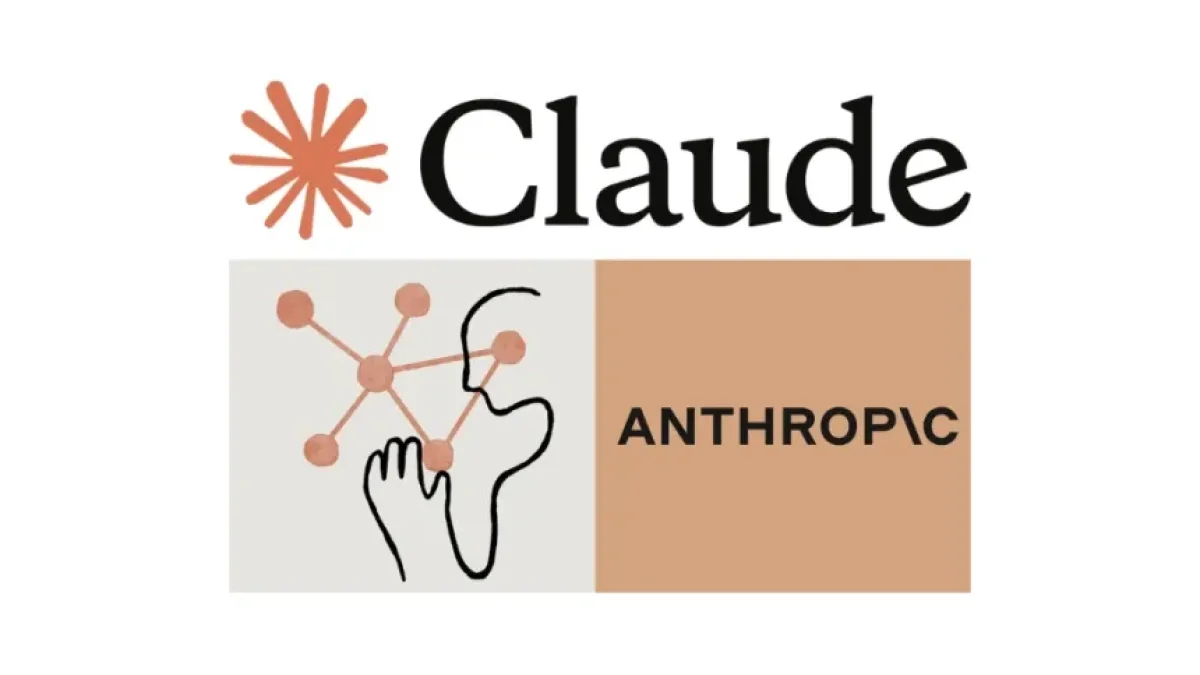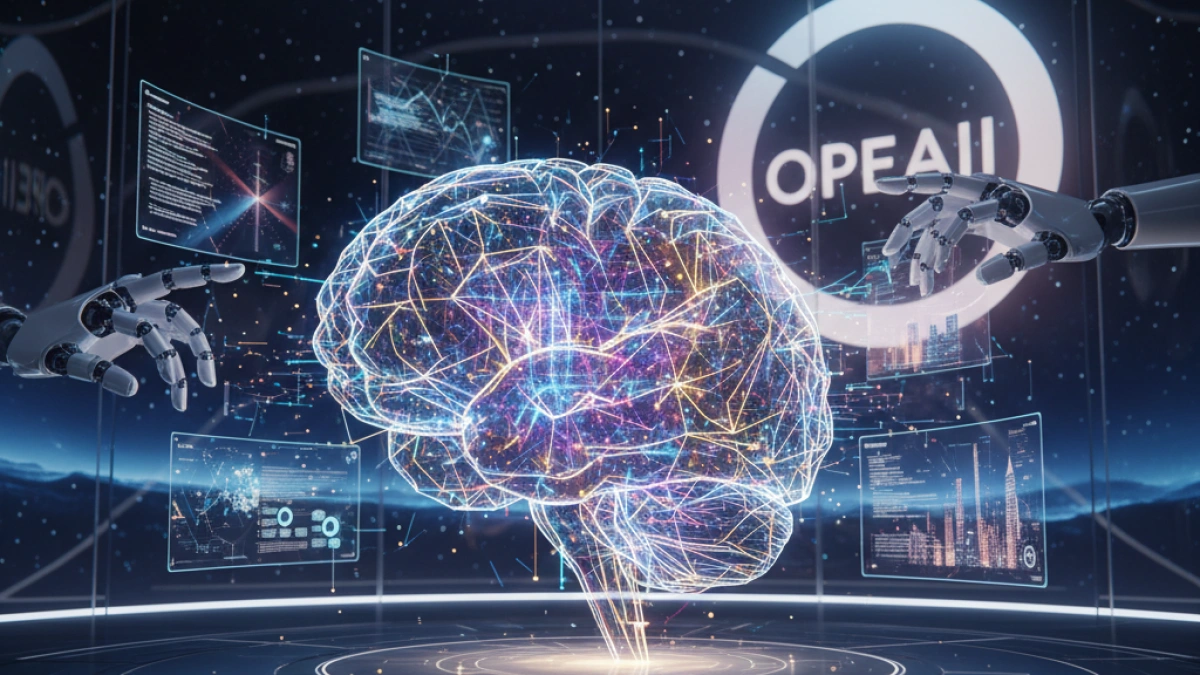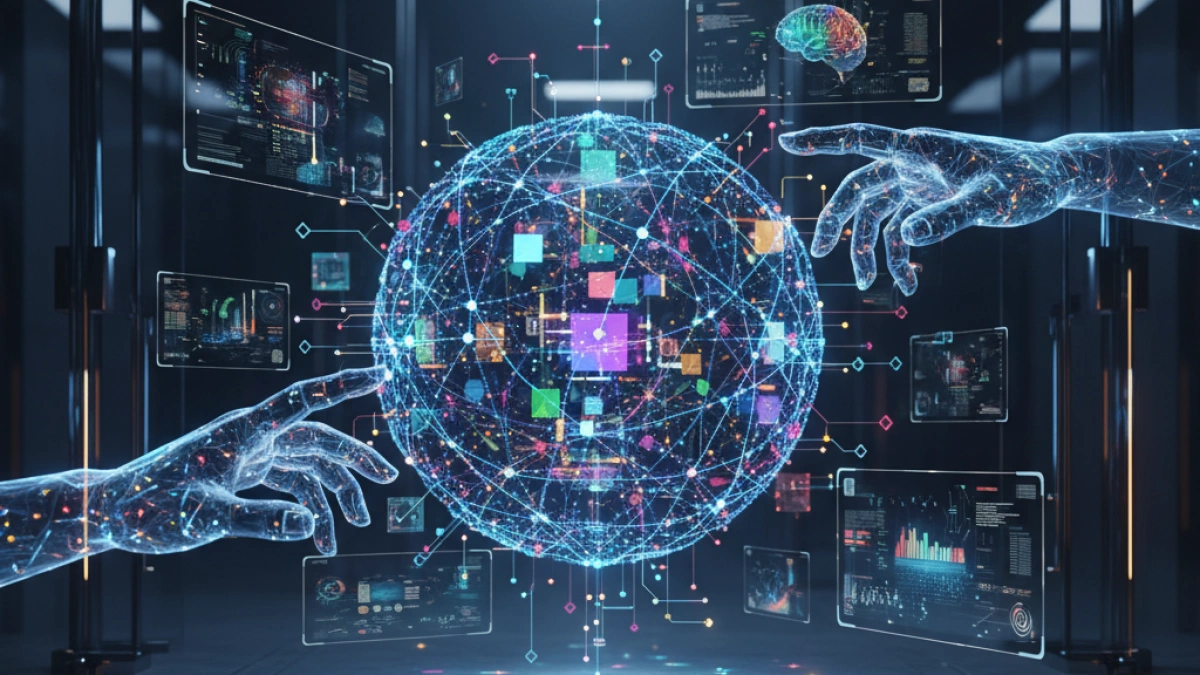What is Claude by Anthropic?


Claude is a language model developed by Anthropic, a startup in artificial intelligence (AI). The evolution of these models has revolutionized how we interact with technology, and Claude is no exception. In this article, we will explore in depth what Claude is, its features, applications, advantages, and disadvantages, as well as its impact on the field of artificial intelligence.
Who is Anthropic?
Before delving into Claude, it’s important to understand the context of its development. Anthropic was founded by former OpenAI employees, primarily by Dario Amodei, who has been a key figure in AI research. Anthropic's mission is to develop AI that is safe, useful, and aligned with human values. The company has focused on creating models that are not only efficient but also operate ethically.
Features of Claude
Claude is a scalable language model that uses advanced natural language processing (NLP) techniques. Here are some of its most notable features:
1. Context Understanding
Claude is designed to interpret and generate text in various contexts. This means it is capable of understanding the purpose and intent behind sentences, making it more effective in natural conversations.
Read also
2. Safety and Alignment
One of Anthropic's priorities in developing Claude has been safety. This includes avoiding the generation of harmful or biased content. Claude uses an architecture that enhances its alignment with ethical and moral values.
3. Versatility
Claude can be used in multiple applications, from customer service to content creation, demonstrating its flexibility as a tool across various sectors.
Applications of Claude
The applications of Claude are diverse and being implemented in different industries. Below are some of the most prominent ones.
1. Virtual Assistants
Claude can be used to create smarter virtual assistants that not only answer questions but also understand user needs and can maintain a coherent conversation.
2. Content Generation
Its ability to generate text in different styles and formats allows businesses to create marketing content, blogs, and more, with greater speed and quality.
3. Data Analysis
Claude can analyze large volumes of text and extract key information, which is useful for decision making in business and understanding trends in unstructured data.
Advantages of Claude
The advantages of using Claude are numerous and offer tangible improvements in the implementation of AI across various areas.
1. Improved Human-Machine Interaction
Claude's ability to understand and generate natural language enhances user experience, making interactions smoother and less frustrating.
2. Increased Productivity
With its ability to assist in writing and analysis tasks, businesses can significantly boost their productivity, allowing employees to focus on more strategic tasks.
3. Ethical Focus
Anthropic's orientation toward safe and human-aligned AI fosters trust in Claude's applications, which is a critical aspect of adopting AI technology.
Disadvantages of Claude
Despite its many advantages, Claude also presents certain disadvantages that must be considered.
1. Requires Supervision
Language models, including Claude, can still generate inappropriate or incorrect content. Therefore, human oversight remains necessary in many applications.
2. Cost
The development and maintenance of advanced models like Claude can be costly, which may pose a barrier for small businesses or startups.
3. Technological Limitations
Although Claude represents a significant advancement, there are still limitations in its understanding of highly specialized topics or particular cultural contexts.
Impact of Claude on AI
The development of Claude by Anthropic has had a significant impact on the field of artificial intelligence. The pursuit of a balance between the effectiveness of text generation and adherence to ethical principles has opened new discussions about the future direction of AI.
Conclusion
Claude by Anthropic is a promising language model that reflects significant advancements in the field of AI. With its focus on safety and contextual understanding, it offers numerous applications that could transform the way we interact with technology. As research in AI continues to advance, Claude positions itself as a key player in the future of safe and effective artificial intelligence.



















